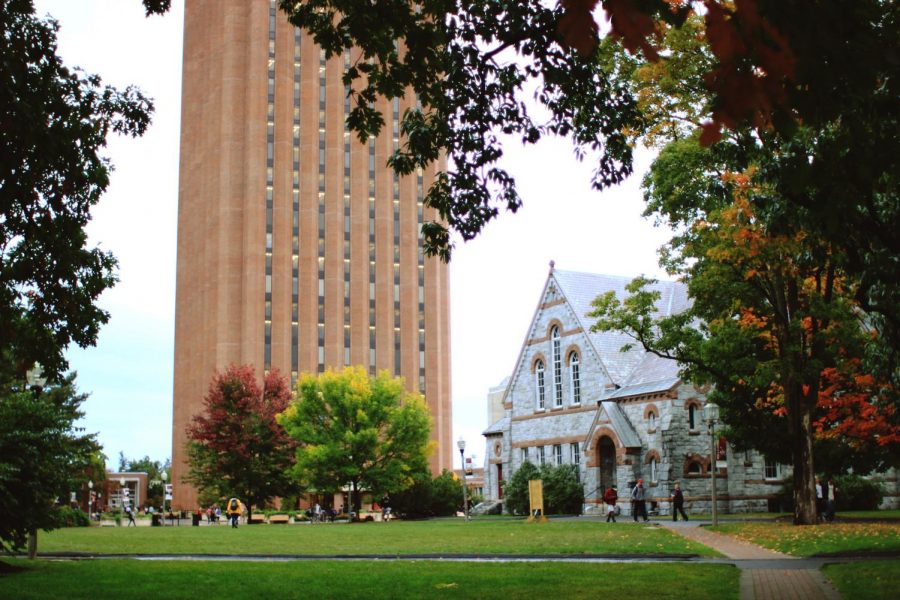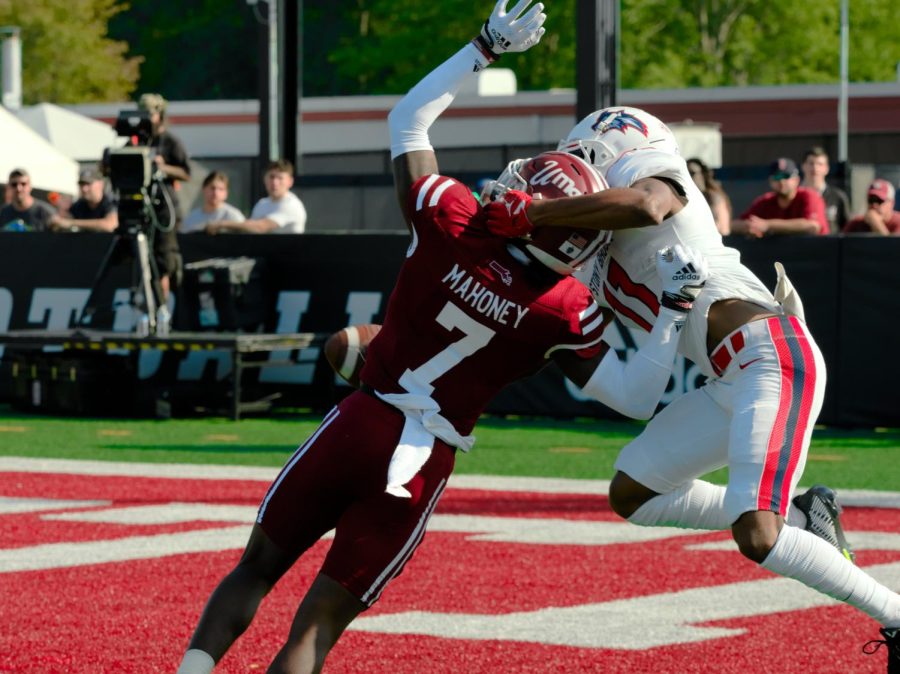The University of Massachusetts is taking vital steps in supporting its workers and students with reimbursements and continual pay for all benefited employees after moving to remote learning for the remainder of the semester.
According to an update on March 27, UMass President Marty Meehan and Chancellor Kumble Subbaswamy announced UMass will adjust fees regarding student room and board, dining program and parking permits. These reimbursements will be given to students who moved off campus and are not able to use campus facilities such as residence halls, meal plans or parking passes for the remaining seven weeks of the spring 2020 semester. There will be no reimbursement of tuition. More information regarding the refund can be found on the frequently asked questions page.
“Reimbursement is important to me because I am personally paying for all of my college expenses…and because it’s so expensive I want my money back,” said freshman finance major Emily Shal. “I want to be reimbursed for things I paid for and I am now not using due to circumstances out of my control.”
According to Executive Director of Strategic Communications and Special Assistant to the Vice Chancellor Edward Blaguszewski, the price adjustments created to reimburse students will cause a $40 million loss in revenue for the University. This loss in revenue will be combated by the campus making only necessary expenditures for the 2020 fiscal year, which ends June 30, and financial support from the recent federal stimulus package.
“The drastic reduction in campus operations due to COVID-19 will have a significant financial impact on UMass Amherst,” Blaguszewski said. “Given [the] uncertainty about how long COVID-19 will severely impact public health and the economy, the University will make ongoing assessments about future plans.
Of the total UMass Amherst campus budget of about $1.3 billion, “tuition and fees; room and dining; the state appropriation; and grants and gifts” are the major sources of revenue, according to Blaguszewski. With $40 million lost to reimbursements, UMass must make ongoing changes to counteract these unforeseen circumstances caused by the coronavirus.
“The campus is managing the financial impact of the crisis and continuing to review cost reduction scenarios to offset known and estimated reductions in revenues,” Blaguszewski said.
Although some savings will arise from reduced campus operations, the campus is continually paying for minimal heating and cooling, lighting and building security; however, the savings are minuscule compared to the loss of revenue. For students living on campus during the pandemic, Berkshire and Worcester dining commons in addition to Blue Wall are open daily, as well as University Health Services.
“Public health actions required to combat the spread of COVID-19 have resulted in the University having to cease nearly all in-person, day-to-day operation of the campus,” Blaguszewski said. “Regrettably, the effect is that work done by most temporary workers and student employees currently does not exist.”
Professors and other faculty implementing remote learning will not have their compensation level affected. Drastically reduced campus operations, however, have caused non-benefited and non-work student employees to lose most or all of their hours.
“The University has substantial fixed costs and commitments, including debt service, repair and maintenance of facilities and, most importantly, employees. The University continues to pay all benefited employees,” Blaguszewski said. “In light of the current extraordinary circumstances, the University extended pay for two weeks for certain temporary, non-benefited employees and non-work-study student employees.”
The Student Care and Emergency Response Fund gives alumni, faculty and staff the opportunity to donate and help students impacted financially by COVID-19 and who need financial assistance. According to an update from April 1, the Office of Advancement and Student Affairs and Campus Life are at the forefront of this fundraising effort.
“UMass is not responsible for reimbursing our tuition, because the professors still need to be paid due to our online classes that we are now attending,” said Shal. “But as a student who is learning remotely, I feel I am not learning as much as I once was in person which makes paying for this feel pointless.”
Sophomore journalism and political science double major Amelia Marceau believes the chancellor and president are acting more efficiently compared to other universities in regard to making reimbursement decisions.
“I think President Meehan and the Chancellor are doing the best that they can while making refund decisions,” said Marceau. “There is a lot to figure financially when it comes to giving refunds. I have a lot of friends at other universities that don’t even know if discussions of refunds are happening and here we know room and board and meal plans are coming back to us in some way.”
The Student Government Association created a COVID-19 task force to create a list of demands sent to the chancellor. This list includes financial and academic requests on behalf of the student body. Freshman legal studies major Julia Curto is a member of the student task force and an SGA senator.
“I think [President Meehan and Chancellor Subbaswamy] are doing an okay job,” Curto said. “I think they need to clearly explain to students what they are doing because, in my opinion, they are being pretty vague.”
UMass emails daily “UMass responses to COVID-19” updates which provide links and explanations as to what steps the University is taking next to help students and staff through this unsettling time.
“I think everyone has an equal amount of suffering,” Shal said. “I would say students who work on campus to fund their tuition and room and board are hurt because how are they supposed to pay their bills now? The University itself is financially struggling, attempting to reimburse tens of thousands of students with money already invested and given away is very difficult.”
Leigh Appelstein can be reached at [email protected]and on Twitter @Lappelstein.




















